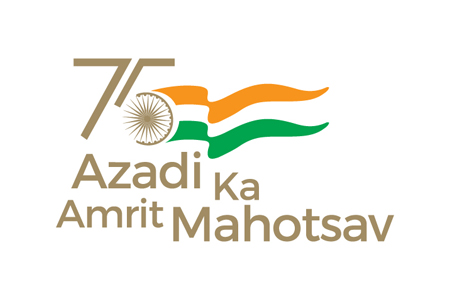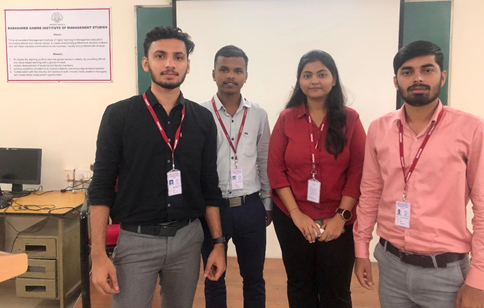The Importance of Critical Thinking in the Digital Age
Introduction: Set the Stage
The importance of critical thinking has become even more evident in the information age. With the overwhelming amount of information available on the internet, it is easy to fall into the trap of misinformation, and wreak havoc on data reliability and decision making.
Fake news, already known for its great impact on contemporary society, clouds critical thinking and hinders the veracity of sources, becoming misleading information that blocks the ability to make reasoned decisions.
In Blog
, we talk about critical thinking, and its role in philosophy and in today’s society as a lever towards better -more informed and responsible- decision making.
Context
Technology and social media have transformed communication, offering convenience but also presenting challenges. Excessive screen time has been linked to increased anxiety, depression, and loneliness, as noted by Twenge and Campbell (2019). Sherry Turkle (2011) emphasizes that digital interactions often lack the depth of face-to-face communication, leading to a craving for genuine connections. Hampton et al. (2014) highlight that virtual interactions miss nonverbal cues essential for empathy. To maintain healthy relationships, it’s crucial to balance technology use with real-life interactions. Setting boundaries on screen time and fostering offline experiences can enhance emotional well-being and strengthen connections.
“In an era where information is at our fingertips and misinformation spreads just as quickly, critical thinking has never been more essential. In this blog, we’ll explore why cultivating this skill is crucial and how it can empower us in the digital age.”
The Digital Age and Information Overload
Information overload, also known as the information explosion, is when you attempt to take in too much information at once. It occurs while multitasking, conversing or using the internet. Learning more about such overload and how to prevent it can help you improve the way you gather and process data and information. In this article, we define information overload, explain its typical causes and effects and discuss the different strategies to prevent it.
Defining Critical Thinking.
Critical thinking is the intellectually disciplined process of actively and skillfully conceptualizing, applying, analyzing, synthesizing, and/or evaluating information gathered from, or generated by, observation, experience, reflection, reasoning, or communication, as a guide to belief and action.
Why Critical Thinking Matters in the Digital Age?
Critical thinking helps assess online source credibility by evaluating evidence, checking author expertise, cross-referencing information, and recognizing biases, enabling us to distinguish between reliable and unreliable content effectively.
Practical Tips for Developing Critical Thinking
When engaging with information, always question underlying assumptions. Consider who created the content, their motives, and the evidence supporting their claims. By challenging these assumptions, you can better evaluate the validity of the information and avoid being misled by biased or incomplete viewpoints.
Conclusion
In the digital age, where information is abundant and misinformation is rampant, critical thinking is more crucial than ever. As we’ve explored, the ability to evaluate the credibility of sources, recognize biases, and question underlying assumptions is vital for navigating the complex information landscape effectively. By honing these skills, we can make more informed and responsible decisions, avoid falling prey to misleading content, and foster healthier digital and real-life interactions. Embracing critical thinking not only empowers us to sift through the noise but also helps us engage more meaningfully with the world around us, ensuring our choices are guided by reasoned judgment rather than unchecked information.
Altaf Kagzi, Balaji Shinde, Shivani Chakor and Samadhan Pithe
MMS-SEM-III (Bt.2023-2025)
Marketing ….
Reference:
https://blogs.salleurl.edu/en/importance-critical-thinking-times-misinformation
https://in.indeed.com/career-advice/career-development/information-overload


